Mini Lop Rabbit: Facts, Lifespan, Behavior & Care

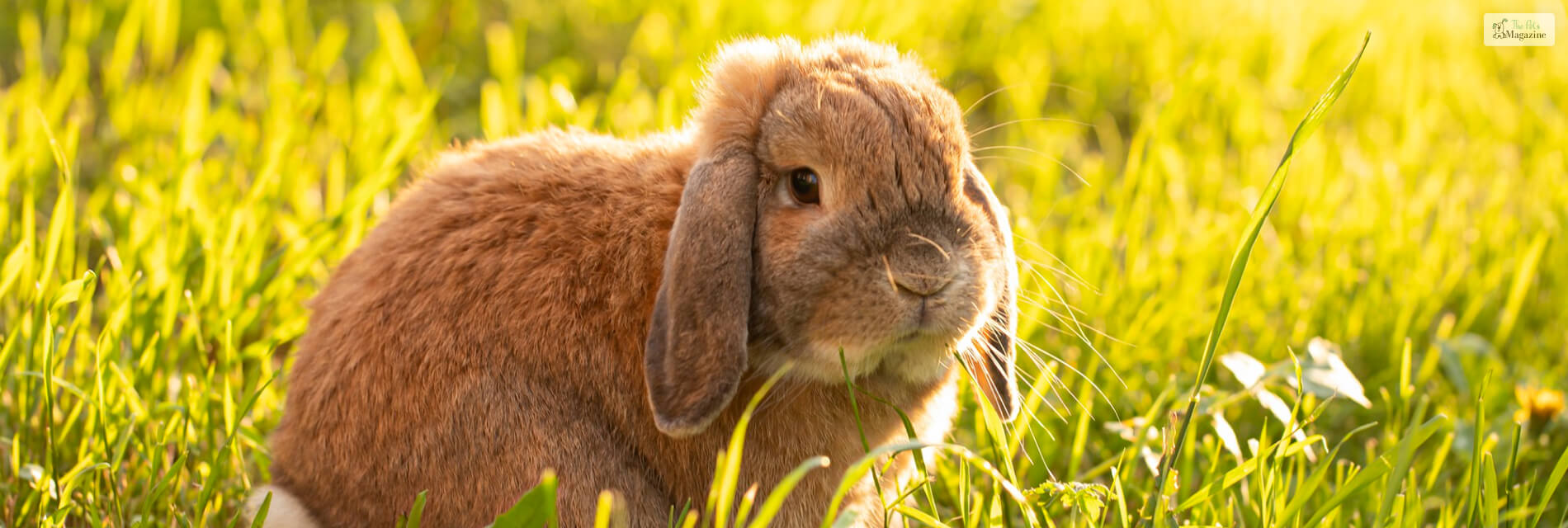
Who doesn’t love rabbits? Those white little fluffy fur balls are the cutest little things animals ever. If you are a fan of little animals, then let me enlighten you about the mini lop rabbits.
These are miniature lop rabbits with floppy ears. Though they are miniature rabbits, don’t have them confused with dwarf bunnies. Mini lop bunny does have a wide range of colors. So scroll down to know more about these beautiful little fluff balls.
Overview

Here are quick facts about mini lop rabbits.
| Species Name | Oryctolagus Cuniculus |
| Care Level | Medium |
| Temperament | Even Temper, affectionate, friendly, and playful |
| Lifespan | 7-14 years |
| Size | Small |
| Diet | Herbivore (Fruits, veggies, hay, and herbs) |
| Weight | 4.5 – 6 lb |
| Body Shape | Compact |
| Best Suited For | First time owners, singles, family with kids and also senior citizens. |
| Cage Set Up | Bottle, bowl, toys, bedding, closed cage |
Mini Lop: The breed origin
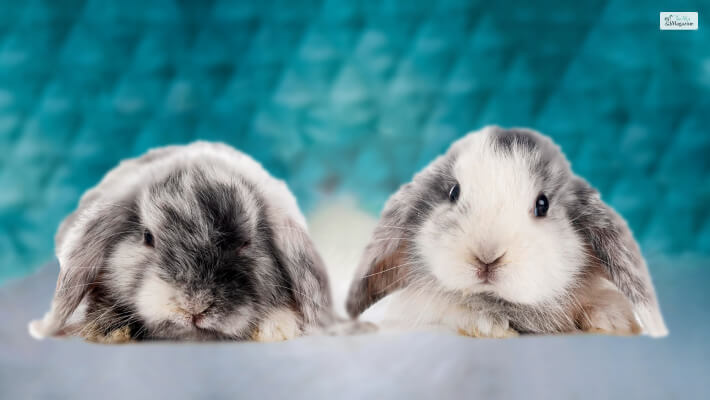
Mini lop bunnies or rabbits are a designer breed of rabbits. Whenever first-time pet owners think of buying a pet, other than thinking of cats or dogs, give these mini lop bunnies a chance.
The origin place of the Mini lop bunny is Germany. Their regular German Lop was bred with small-sized Chinchilla rabbits. The breed was early called Klein Widder, “Little hanging ear.”
Since they were a crossbreed species, these mini lops had a unique look to them.
They had both the round and fluffy features of a Chinchilla, along with the rabbit features like a German Lop.
Habitat

The miniature lop bunnies are a domesticated breed, which is why they are not available in the wild. Since they are a domesticated breed, there are no specific natural environment requirements for this breed. But still, you need to maintain certain things for your mini lop to stay healthy and fit.
Appearance
The Mini Lop rabbit is one of the smaller breeds of rabbit and usually weighs between 3 to 6 lbs. Does (Female rabbits) are smaller in size than bucks. These rabbits have a compact body type that is round and heavily-muscular. Their neck is very short and it often looks like they don’t have one. And of course as their name suggests, they have lopped ears which hangs on either side of their heads.
Coat & Colors

The mini lop has a rollback medium length luxuriously soft fur coat. They do not require any additional upkeep other than keeping their coat soft by brushing them on a weekly basis.
The American Breeder’s Association has accepted a lot of color variations for the Mini lop. The most numbers colors are likely, white, black, opal, ruby-eyed white, lynx, chestnut agouti, and blue-eyed white. Some of the more special colors are lilac, Tricolor, orange, and even blue.
These mini lops are not only cute and adorable, but they are highly customized according to the preferences of the owner.
Care & Cage Set Up

You need to care for a mini lop like any other rabbit; they should have a large enough enclosure for them to live and play around for the rest of their lives. These lop bunnies don’t require that much care and are not high maintenance.
They should be kept out of their enclosure when bonding with them. They tend to form an everlasting bond with their owners while they play around with them.
To make them comfortable in the cage, you can add grass on the base of the cage to make them feel like the outdoors. The cage should be big enough for them, even though the miniature lop size is small, and you need to put soft clean bedding for them on one side. And you need to clean the bedding every week.
Health Issues
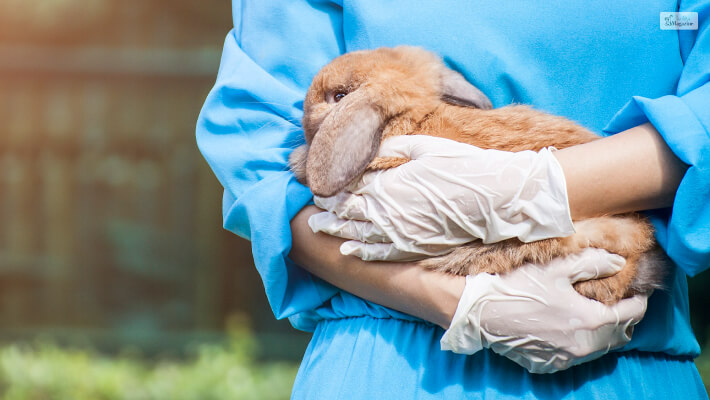
Although there are no definite health issues regarding the mini lop bunnies, there are some health issues you, as a rabbit owner, should know about. The first health issue is if your bunny likes to play outside, be careful of fleas and ticks laying eggs on their fur.
Fleas and ticks can make your mini lop bunny very ill if they continuously feed on them. It can cause problems like skin irritation, seizures, and loss of motion. These parasitic insects are a nightmare for pet owners.
Another problem for rabbits is their ever-growing teeth. Their tooth keeps on growing and sometimes can cut through their jaws, so your vet should keep on checking on the growth.
Apart from here are some other health issues that Mini Lop Rabbits are prone to according to PetMd:
1. Dental Problems:
Rabbits’ teeth grow continuously throughout their lives, and if they don’t wear down properly, they can develop dental issues such as overgrown teeth, malocclusion (misalignment of the teeth), and tooth abscesses. It’s essential to provide them with a diet that includes plenty of hay and chew toys to help wear down their teeth.
2. Gastrointestinal Stasis:
This condition, also known as “GI stasis” or “bloat,” occurs when a rabbit’s digestive system slows down or stops functioning. It can be caused by factors such as a poor diet, lack of exercise, stress, or dental problems. Signs of GI stasis include reduced or no appetite, reduced fecal output, and a hunched posture. It is a severe condition that requires immediate veterinary attention.
3. Obesity:
Mini Lop rabbits are prone to obesity, especially if they are overfed or have a diet high in sugary or fatty foods. Obesity can lead to various health problems, including joint issues, heart disease, and a shortened lifespan. It’s important to provide a balanced diet and monitor their weight to prevent obesity.
4. Ear Infections:
Mini Lop rabbits have long, floppy ears that can be more prone to infections. Bacterial or fungal infections can develop in the ear canal if it is not kept clean and dry. Signs of an ear infection may include head tilting, scratching at the ears, discharge from the ears, and loss of balance. If you suspect an ear infection, it’s crucial to seek veterinary care.
5. Respiratory Issues:
Rabbits can be susceptible to respiratory infections, which can be caused by bacteria, viruses, or environmental factors such as poor ventilation or exposure to drafts. Signs of respiratory problems in rabbits include sneezing, nasal discharge, difficulty breathing, and reduced activity. Prompt veterinary attention is necessary to prevent complications.
6. Skin Problems:
Mini Lop rabbits may experience skin issues such as mites, fleas, or fungal infections. These can cause itching, hair loss, redness, or scabs on the skin. It’s important to regularly check your rabbit’s fur and skin for any signs of problems and consult a veterinarian for appropriate treatment.
Regular veterinary check-ups, a balanced diet, a clean and safe environment, and proper grooming can help minimize the risk of health issues in Mini Lop rabbits. If you notice any unusual symptoms or behaviors in your rabbit, it’s always best to consult a veterinarian for an accurate diagnosis and appropriate treatment.
Behavior
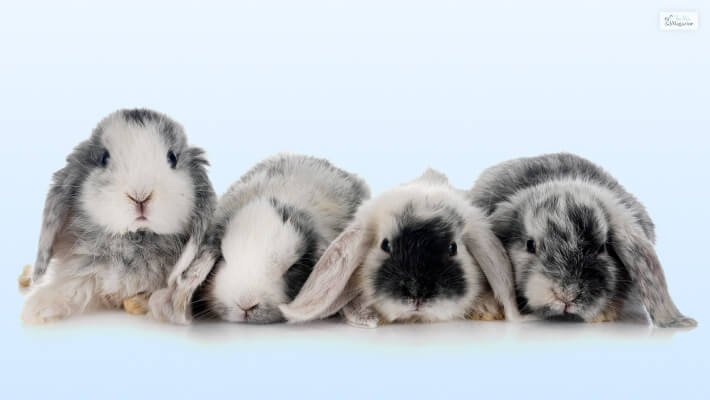
The miniature lop bunnies are exactly like stuffed teddy bears. They are one of the cuddliest rabbits you can ever own. The temperament of even a mini lop full grown is very chilled and mellow, and they are highly friendly with kids but not so much with other pets. They tend to avoid any type of danger.
So if you are a first-time pet owner, just Google mini lop bunnies for sale near me, and get your own little furry friend.
Unlike cats & dogs, rabbits are harder to train but impossible. Mini lops can be potty trained with a lot of patience and rewards. They can learn certain commands and tricks, but you need to have a lot of patience to teach them that.
Food Habits
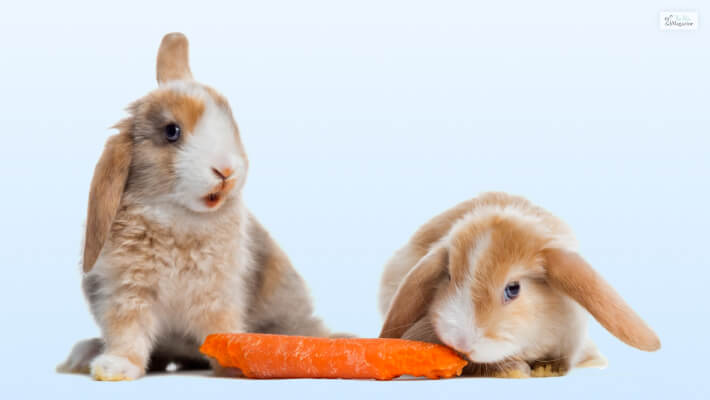
Like any other rabbits in the world, mini lops are also herbivores, and 70% of their diet depends on hay. The best type of hay is timothy and orchard hay. But to mix up their daily hay, you can even feed them fruits and other green leafy veggies and even pellets.
Pellets are a great food item for mini lops as through these them; they receive vitamins, minerals, and proteins. These essential nutrients are not available in regular hay.
Breeding Process

Since the breed was created through professional breeding; it is better if you leave the breeding to the professionals to deal with. Through a successful process of breeding, a lot of litter can be born.
Rabbits are known to get sexually active at a really young age, so if you want to breed, then you need to have homes for the newborns prepared in advance.
How Much Does A Mini Lop Bunny Cost?
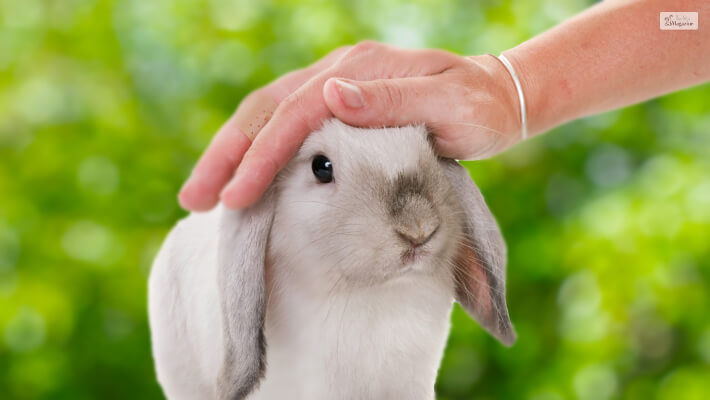
The cost of mini lops depends on a lot of aspects, but the foremost of these factors is whether you are showcasing them in exhibitions or not.
If you want a show or exhibition quality mini lop bunny for sale, then they can cost upto $500. Or else, regular mini lops cost around $30 to about $100.
Wrapping Up!
The mini lop rabbits are known to be designer breeds of rabbits are they are bred customized. With a great laid-back temperament and attitude, they are great as pets for practically anyone.
So if you find this article helpful, then let us know whether you would love to buy a mini lop as a pet or not.
Recommended Reading..





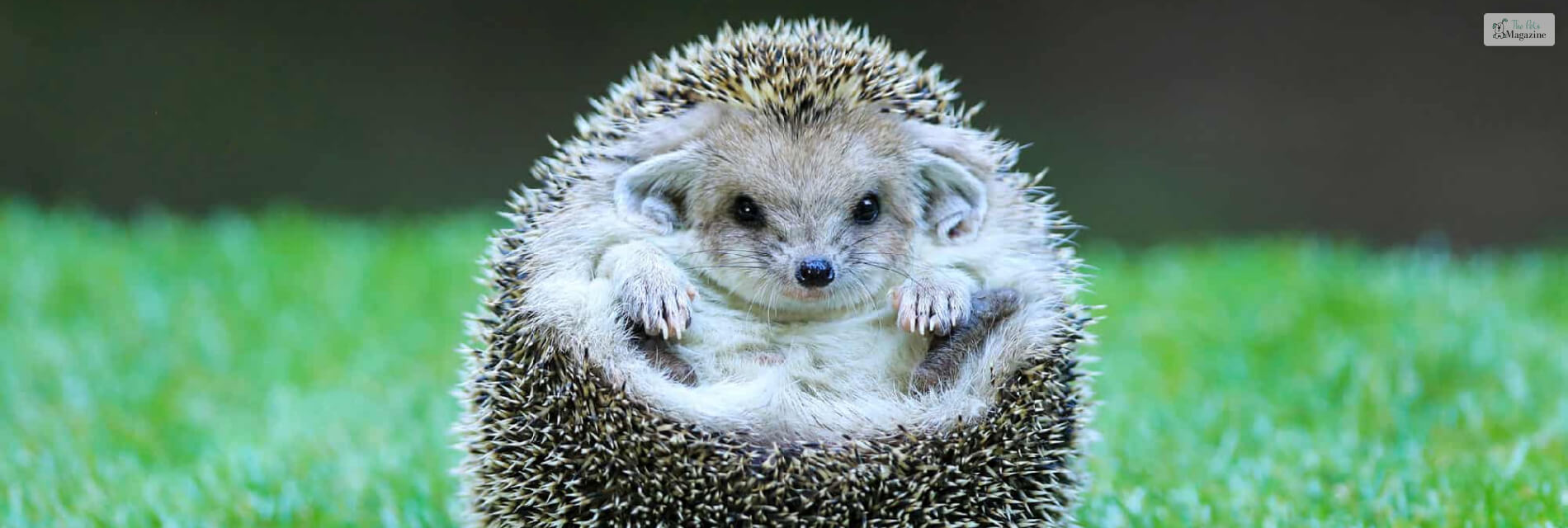
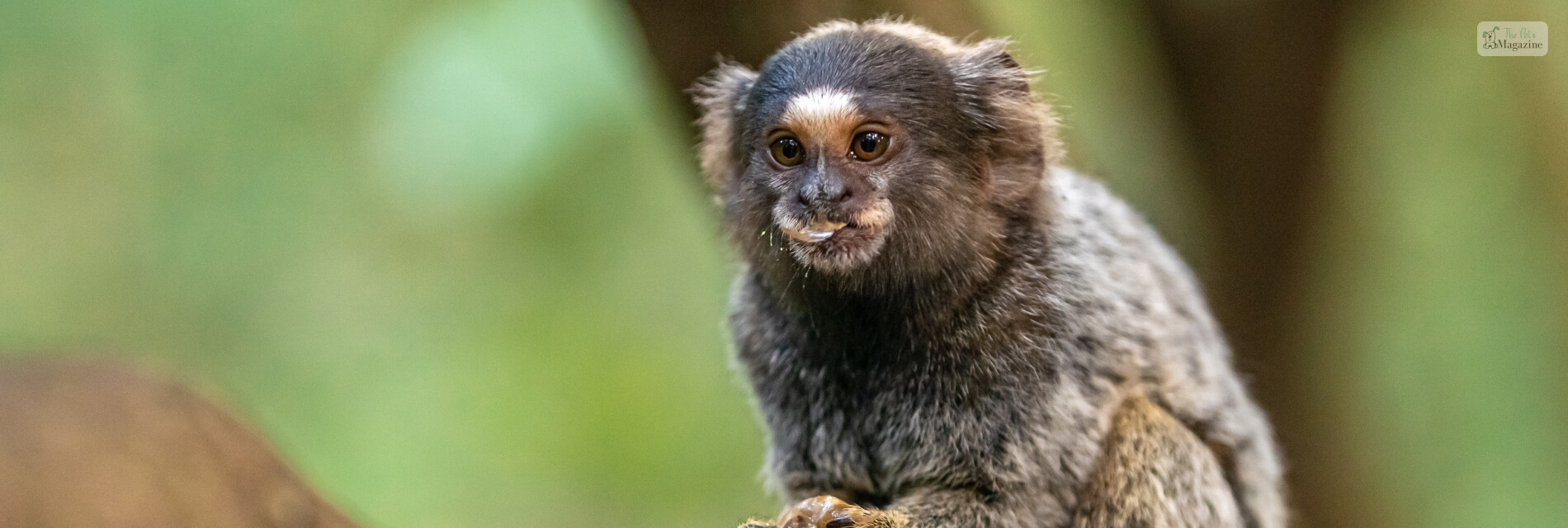
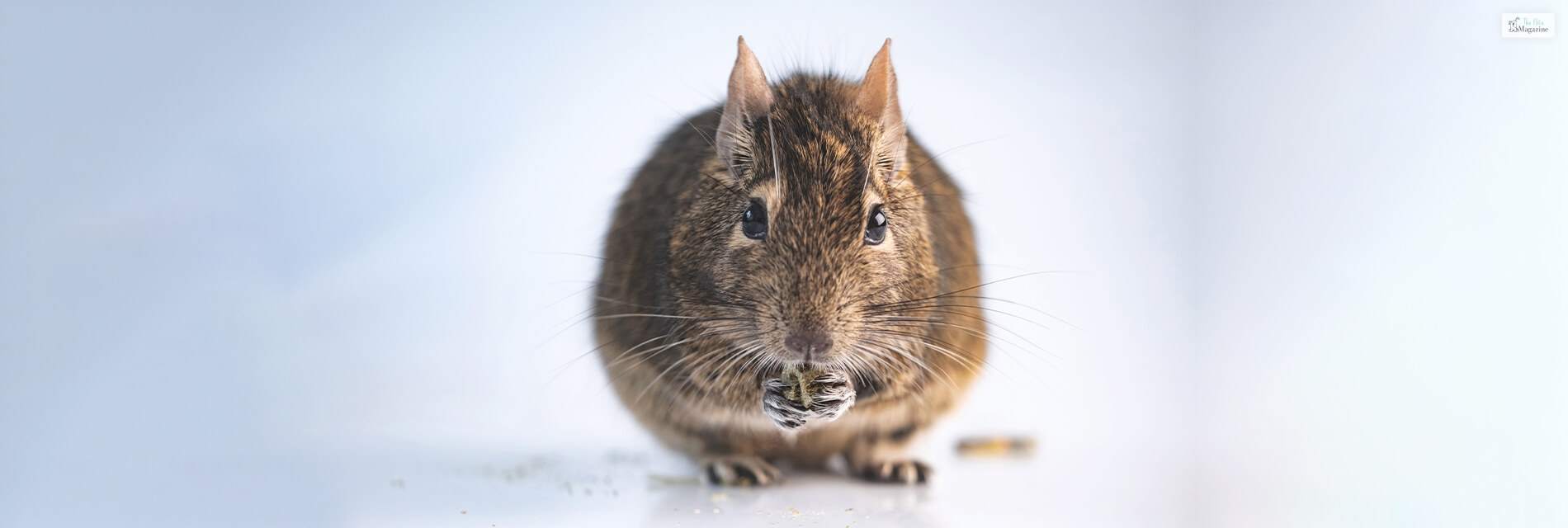
Leave A Comment